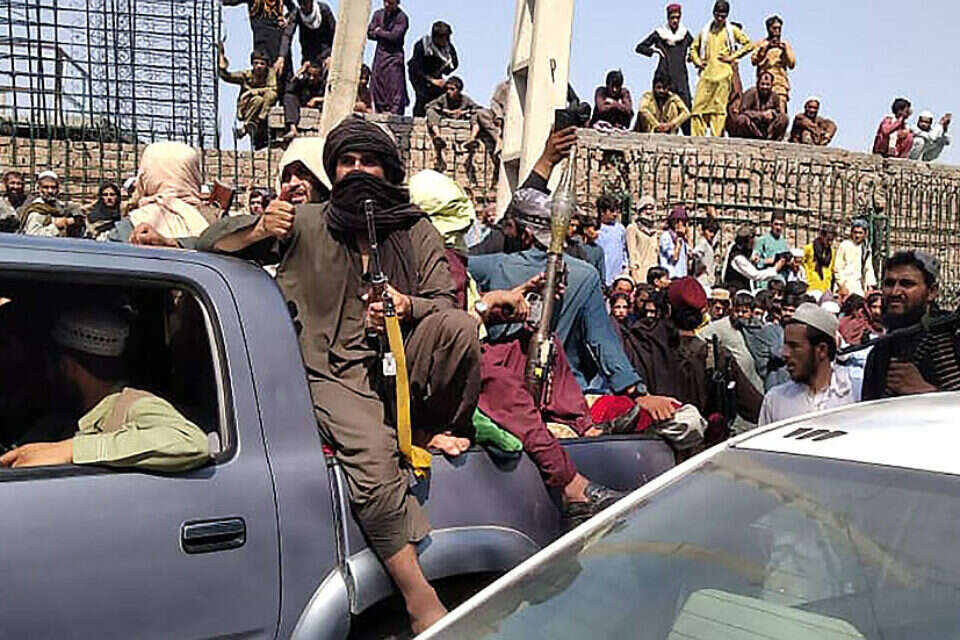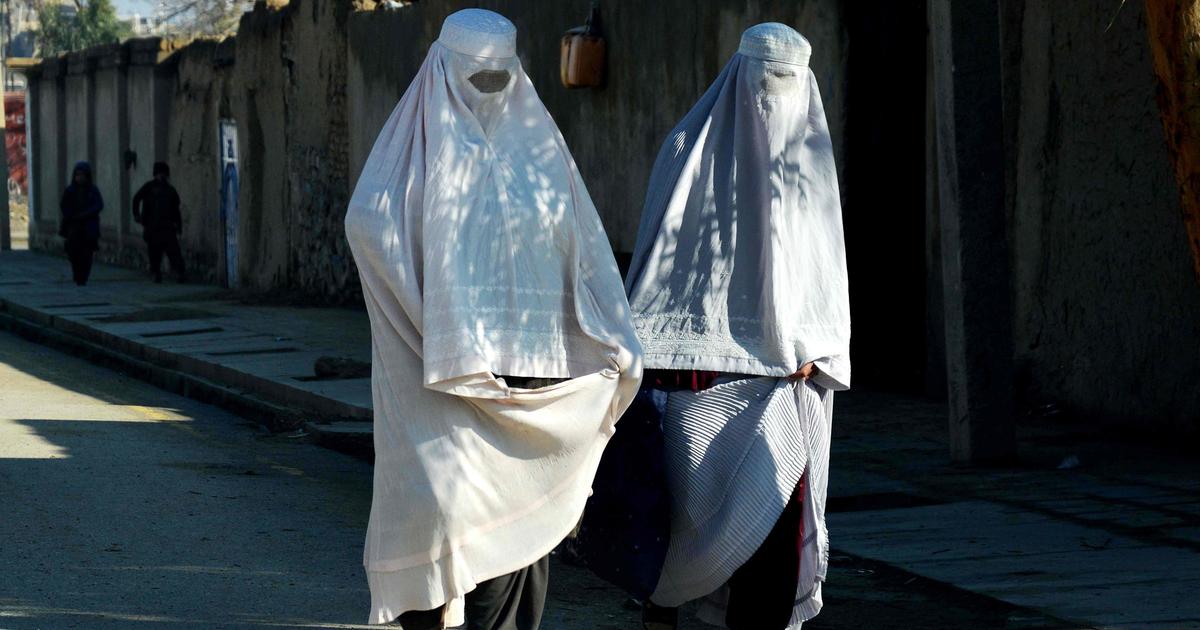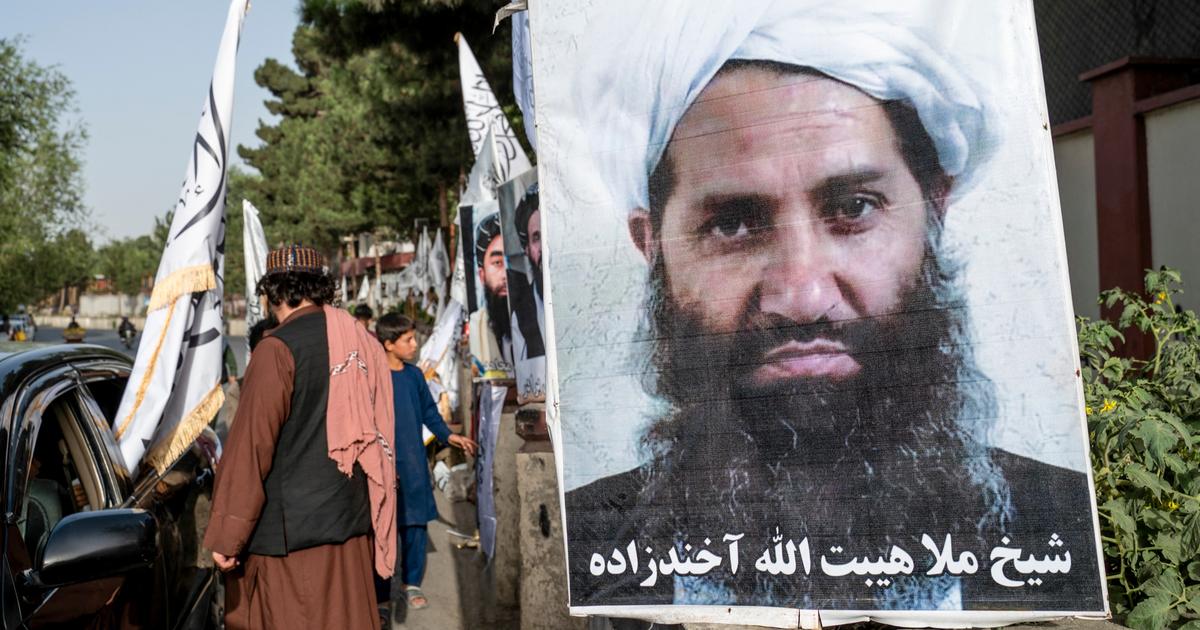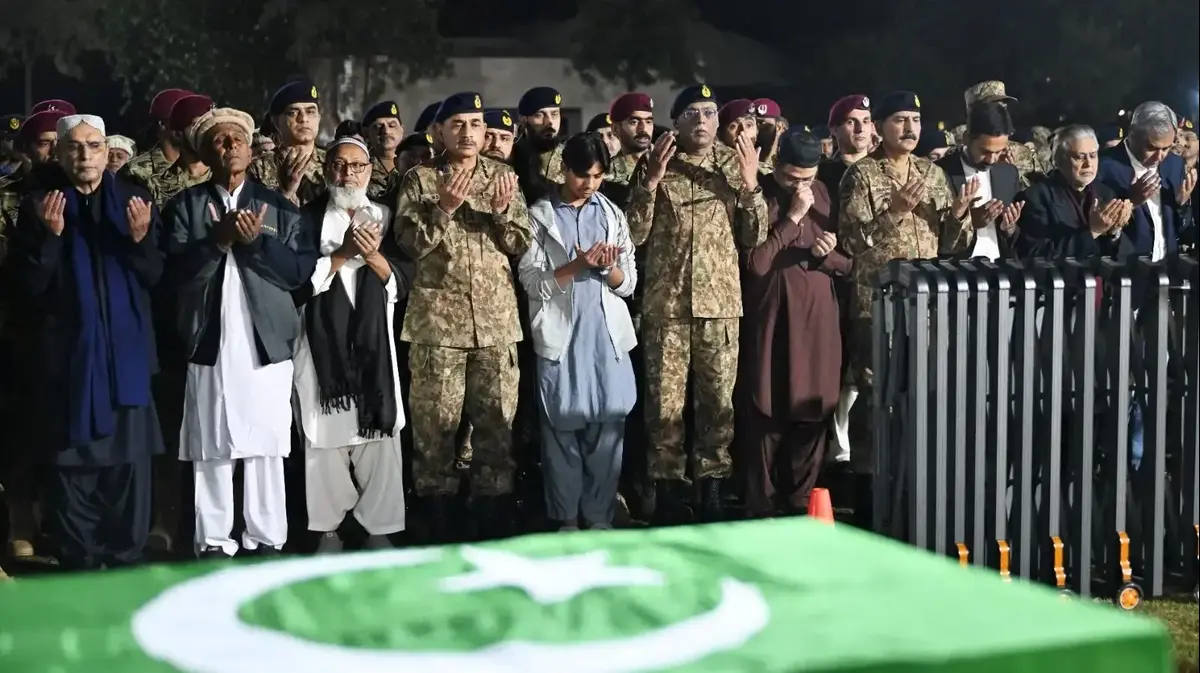Going
back 20 years: The
escape of Afghan President Ashraf Ghani and the siege of the capital Kabul by the Taliban mark the end of a more than two-decade civil war, in which a corrupt (but pro-Western) central government and an extremist and uncompromising Islamic organization competed.
Without a fight: The Taliban take over Jalalabad in Afghanistan // Photo: Reuters
As the country plunges into another period of darkness under the rule of the extremist group, which had already ruled the country from 1996 to 2001, it is worth revisiting the organization that managed to defeat the Afghan government and erode and exhaust the world's largest superpower - the United States.
In 1989, the last Soviet forces left Afghanistan, after a failed intervention of more than a decade.
Those left behind were a defeated communist government and Islamic rebels, who could not agree on almost anything other than their desire for the fall of the government.
The Civil War became a kind of all-out war and despite the fall of the Afghan government in 1991, none of the rebel parties managed to gain full control of the country.
Afghanistan was waiting for a new and fresh force to unite it.
"The name of the organization in Arabic means pupils, or students. The name actually refers to being the first Afghan Taliban recruits from the Pashtun majority group, who fled the fighting in the country and were educated in Islamic madrassas in neighboring Pakistan," explains Aviv Org, an al-Qaeda and Islamic terrorism expert and lecturer. National INSS.
"Those students were gathered and trained by the Pakistani intelligence service, the ISS, one of the significant and capable forces in the region, with the aim of increasing Pakistani control over Afghanistan," Morag explains.
Pinchas Inbari, an Orientalist at the Jerusalem Center for Public and State Affairs, explains that the Taliban movement is a radical Wahhabi movement and from there it derives its authority.
"The movement sees the Prophet Muhammad as a symbol and example and so they invited the Saudi Mujahideen to be their mentors because they saw them as a source of authority and inspiration," Inbari explains.
The members of the organization were able to take advantage of the weakness of the various parties after the prolonged civil war.
The organization's young people and imbued with the ideology managed in a relatively short time to fend off the rest of the war groups in the divided country, and managed to take over most of it in 1996.
The Taliban called the new regime the "Islamic Emirate of Afghanistan" and rushed to establish state-run mechanisms such as government ministries, courts, police and secret services.
The Islamic dream of the Taliban turned out to be a nightmare for the country's residents as members of the organization led the Wahhabi interpretation, an austere current of Islam, in every aspect of life in Afghanistan.
The members of the organization prevented the education of girls and girls and forbade women to go to workplaces and their homes without the supervision of a man from their family.
Men were not allowed to shave their beards or walk around in a Western haircut, and the method of punishing crimes, small and large, was brutal.
Adulterous women were shot to death by gunmen in desolate stadiums as sports games were outlawed in the country.
To fund their atrocity regime, the Taliban resorted to antiquities and opium-growing drugs, which they sold for millions of dollars.
Taliban rule reached its peak in 2000, when the organization controlled most of the country, except for a small enclave in the north held by members of the "Northern Alliance" (an alliance of minorities and small local militias that refused to accept Islamic State rule).
But the Taliban's foreign policy, which allowed bin Laden's extremist al - Qaeda organization to settle in its territory, has threatened the Taliban's control of the country from an early stage.
Terrorist rabbi Osama bin Laden, who returned to the country in 1996, demonstratively ignored his hosts' requests not to launch attacks against the West while sitting in Afghanistan.
"In the Taliban, they were angry at bin Laden's conduct, long before the 9/11 attacks. It was not an ideological or moral issue, but a practical one. They feared for their rule," Aviv Org explains.
Revenge of minorities
Bin Laden has exposed several weaknesses of the Taliban, first and foremost the shaky foreign relations of the organization, which apart from supporting silence from Pakistan, have found it difficult to produce significant alliances in the world.
Second, bin Laden exposed the Taliban's lack of control over what was happening on their territory.
On the one hand, they could not expel most of the terrorists due to the rules of hospitality and ideological closeness, and on the other hand, after the 9/11 attacks, the presence of bin Laden in the country became a nuisance to the threat of Taliban terrorism.
Another weakness from which the Taliban has suffered all along is armed resistance.
Afghanistan is full of militias loyal to such and other war gods, as well as ethnic minorities such as Shiite remnants along with Tajiks, Baluchis and Uzbeks, who have suffered under the armistice of the Pashtun Taliban.
Despite the unifying Islamic rhetoric, the members of the organization saw themselves as a Pashtun elite and ironically suppressed the members of the other groups, who were defined as perpetual suspects.
The members of the ethnic minorities were also joined by the people of the more secular cities, who were constantly opposed to the rigid Taliban regime.
The United States took advantage of this very rift.
With the help of special forces and airstrikes, and while cooperating with the Northern Allies (led by Ahmad Shah Massoud), it eventually led to the overthrow of the Taliban in 2001.
However, the members of the organization never disappeared from the area.
They continued to fight in the countryside even at the height of government control of the country, and suffered tremendous losses in the war against the American forces that aided the Kabul government for nearly two decades.
Today, the Taliban are celebrating their victory on the streets of Kabul.
They are a new generation, full of purpose and learning battles of the "students".
The big question asked is what did they learn from the bloody history of the organization.
"I do not think there is a real difference between the Taliban then and the present. True, these are different people, but the ideology is similar. They may be more reluctant to lend a hand to outside organizations like al-Qaeda and the like, but that is not certain either," says Aviv Org.
Inbari sums it up by saying, "Will the Taliban invite al-Qaeda to return to Afghanistan? It is difficult to know. But what is certain is that their rule is terrible news for secular, women and the entire Afghan people."















